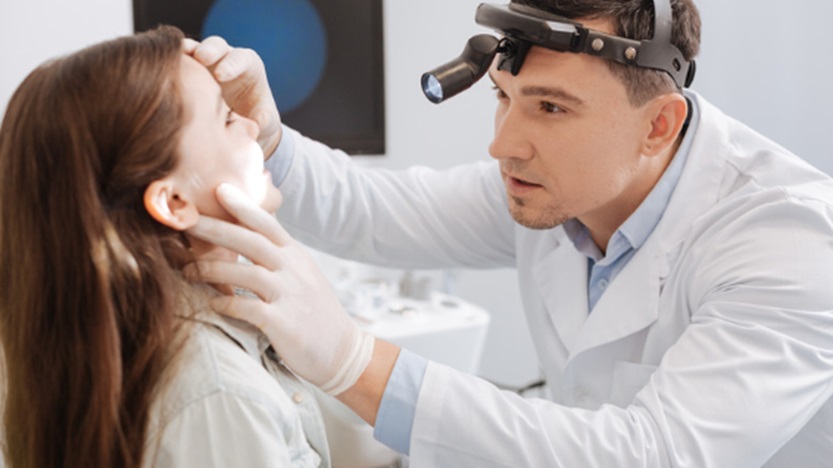Children often experience various ENT (Ear, Nose, and Throat) issues as they grow. While some are minor and resolve on their own, others may require professional attention. It’s essential to know when it’s time to consult a specialist for pediatric ENT in Alpharetta to ensure your child’s health and well-being.
Understanding Ear Infections
Ear infections are one of the most frequent ENT problems in children. They occur when bacteria or viruses infect the middle ear, often following a cold. Symptoms can include ear pain, fever, irritability, and even hearing difficulties. While many ear infections clear up without treatment, persistent or severe cases may necessitate medical intervention. Recognizing when an ear infection warrants a visit to a healthcare professional is crucial for preventing complications such as hearing loss or speech delays.
Recognizing Sinusitis
Sinusitis, or a sinus infection, is another common ENT issue in children. It occurs when the sinuses, which are normally filled with air, become blocked and filled with fluid. This can lead to symptoms such as a runny nose, cough, and facial pain. While many cases resolve on their own, chronic sinusitis can lead to more severe symptoms and may require treatment from an ENT specialist. Parents should be aware of the signs of sinusitis and consult a doctor when symptoms persist.
Identifying Tonsillitis
Tonsillitis is an infection of the tonsils, which can cause sore throats, difficulty swallowing, and swollen glands. It is often viral but can be bacterial, necessitating antibiotics. Frequent bouts of tonsillitis can lead to complications and may require a tonsillectomy. Understanding when tonsillitis is severe enough to see a doctor is important for maintaining your child’s health.
Sleep Apnea Concerns
Sleep apnea in children is a serious condition where breathing repeatedly stops and starts during sleep. Symptoms include loud snoring, gasping for air during sleep, and daytime fatigue. Untreated sleep apnea can lead to behavioral issues, learning difficulties, and even heart problems. If your child exhibits these symptoms, a consultation with an ENT specialist is advisable.
Hearing Loss Detection
Hearing loss can significantly impact a child’s development, affecting speech, language, and social skills. It can result from frequent ear infections or other ENT issues. Early detection and intervention are crucial for minimizing its impact. Regular hearing screenings and prompt attention to hearing concerns are recommended.
Managing Allergies
Allergies can cause ongoing ENT problems such as runny nose, itchy eyes, and chronic congestion. Identifying and managing allergies can alleviate these symptoms and improve quality of life. Over-the-counter medications or allergy shots may be recommended by healthcare providers to manage severe allergies.
Seeking Professional Help
It is crucial to seek professional help when ENT issues persist or impact your child’s daily life. Specialists can provide comprehensive care, including diagnosis, treatment, and management of ENT conditions. For parents in Alpharetta, accessing specialized care for pediatric ENT in Alpharetta can make a significant difference in addressing these health concerns.
Conclusion
Understanding common ENT issues in children and knowing when to seek help is vital for ensuring your child’s health. Early diagnosis and intervention can prevent complications and promote better outcomes. Parents should remain vigilant about symptoms and proactively seek appropriate medical care when necessary.
Frequently Asked Questions
1. What signs does my child need to see an ENT specialist?
Persistent symptoms such as ear pain, sinus infections, sore throats, difficulty breathing during sleep, or hearing loss indicate that a visit to an ENT specialist is needed.
2. Can allergies contribute to ENT issues in children?
Yes, allergies can exacerbate ENT problems by causing chronic congestion, runny nose, and sinus issues.
3. How can I prevent frequent ear infections in my child?
Preventive measures include ensuring your child is vaccinated, practicing good hygiene, and avoiding exposure to secondhand smoke, which can help reduce the risk of ear infections.

